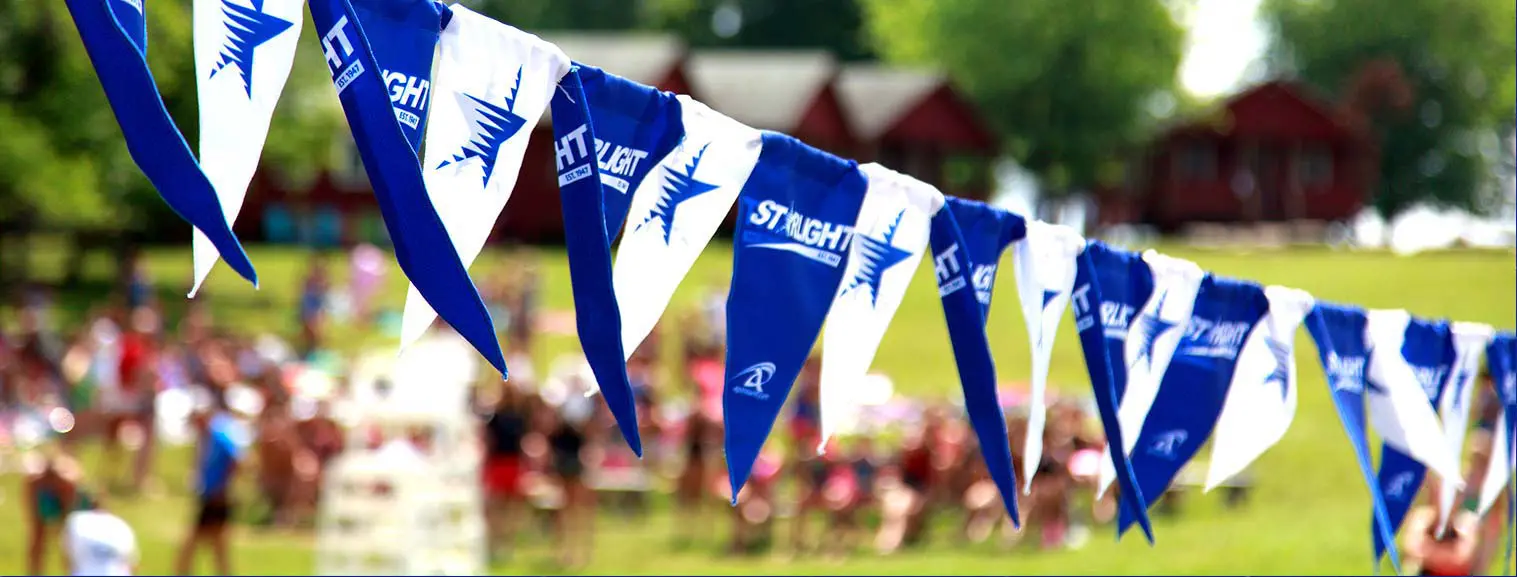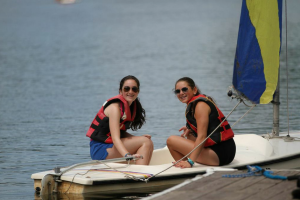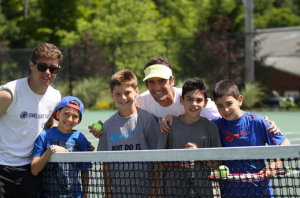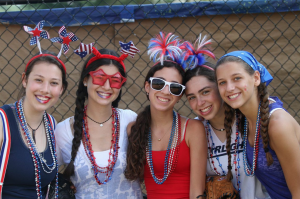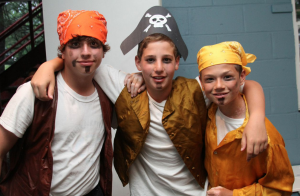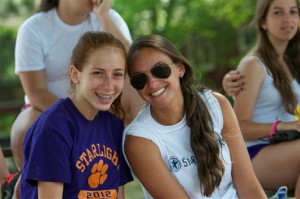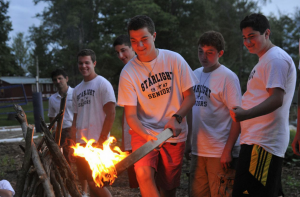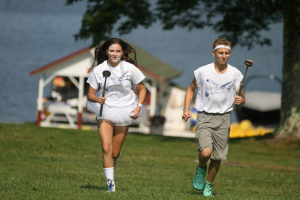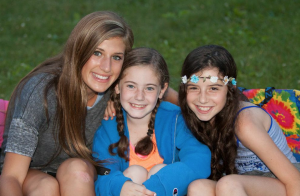 It can be emotional to think about, but one day we will have to help our babies pack up their stuff and move them into a dorm, apartment or house of their own. We have to send them off with the hope that all we did to teach them how to be productive, respectful and kind human beings will stick with them as they venture into the real world. Along with being honest and responsible, we cross our fingers that we taught them how to be a good roommate. Did we instill the importance of keeping their stuff picked up, being quiet when other people are sleeping, doing their own dishes? Did we teach them how to take care of their dirty laundry? Did we bluntly teach them to use deodorant so other people near by don’t have to? Our goal is to raise someone who is easy and fun to live with. Nobody wants to have the kid who is known for leaving his or her sweaty socks by the front door, or who never EVER takes initiative and takes out the trash. By sending them to camp, you give them the opportunity to learn what it is like to live with other people other than their immediate family, and prepares them for opportunities in the future (college, marriage, etc) where they will be sharing the same space with other people. Being a good roommate is an important quality to have, and learning how to deal with other people who aren’t the world’s best roommates is also an important life skill.
It can be emotional to think about, but one day we will have to help our babies pack up their stuff and move them into a dorm, apartment or house of their own. We have to send them off with the hope that all we did to teach them how to be productive, respectful and kind human beings will stick with them as they venture into the real world. Along with being honest and responsible, we cross our fingers that we taught them how to be a good roommate. Did we instill the importance of keeping their stuff picked up, being quiet when other people are sleeping, doing their own dishes? Did we teach them how to take care of their dirty laundry? Did we bluntly teach them to use deodorant so other people near by don’t have to? Our goal is to raise someone who is easy and fun to live with. Nobody wants to have the kid who is known for leaving his or her sweaty socks by the front door, or who never EVER takes initiative and takes out the trash. By sending them to camp, you give them the opportunity to learn what it is like to live with other people other than their immediate family, and prepares them for opportunities in the future (college, marriage, etc) where they will be sharing the same space with other people. Being a good roommate is an important quality to have, and learning how to deal with other people who aren’t the world’s best roommates is also an important life skill.
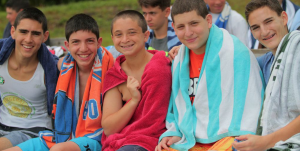 At Camp Starlight, each bunk has 8-12 campers and 2-3 counselors. Campers sleep in single beds. There is a bathroom, with two showers, two toilets, and two sinks. They have cubbies for storage and outlets to plug in clocks etc. Campers are expected to respect each other’s space and personal belongings. Everyone is responsible for keeping the cabins picked up and clean. Although uncommon, sometimes campers have a hard time adjusting to sharing a space with others, and this can cause frustration and conflict with other campers. Counselors are trained on how to deal with such conflict, and use it as a learning opportunity for all of the campers. Counselors show campers how to address someone who has invaded their space and how to communicate their feelings about how another’s actions are affecting them. Being able to effectively communicate an issue or problem you have with someone you are living with is a valuable life skill campers will learn by living with their peers.
At Camp Starlight, each bunk has 8-12 campers and 2-3 counselors. Campers sleep in single beds. There is a bathroom, with two showers, two toilets, and two sinks. They have cubbies for storage and outlets to plug in clocks etc. Campers are expected to respect each other’s space and personal belongings. Everyone is responsible for keeping the cabins picked up and clean. Although uncommon, sometimes campers have a hard time adjusting to sharing a space with others, and this can cause frustration and conflict with other campers. Counselors are trained on how to deal with such conflict, and use it as a learning opportunity for all of the campers. Counselors show campers how to address someone who has invaded their space and how to communicate their feelings about how another’s actions are affecting them. Being able to effectively communicate an issue or problem you have with someone you are living with is a valuable life skill campers will learn by living with their peers.
Part of being a good roommate is respecting the rules of quiet time, and allowing others to sleep in a space that is quiet and peaceful. Nobody likes living with someone who is up half the night talking and making noise, so it is important that campers learn this type of respect at camp. Many campers plan to move away to college, where they will be living in a dorm or apartment with other students. If they have the experience of living with others at camp, it will prepare them for the kind of roommate they want (and don’t want) to be. Having counselors in the cabins also helps to ensure all campers feel safe and respected, and that the rules are followed closely.
Kids who don’t attend sleep away camps may go straight from living in their home, with their siblings and parents, to being thrown into an environment in college where all of the sudden they have to learn a whole new set of rules, expectations and courtesy. Sending your kids to Camp Starlight gives them a big head start in the rule of sharing their space.
And this will make them one heck of a roommate when it’s time for them to be on their own.



